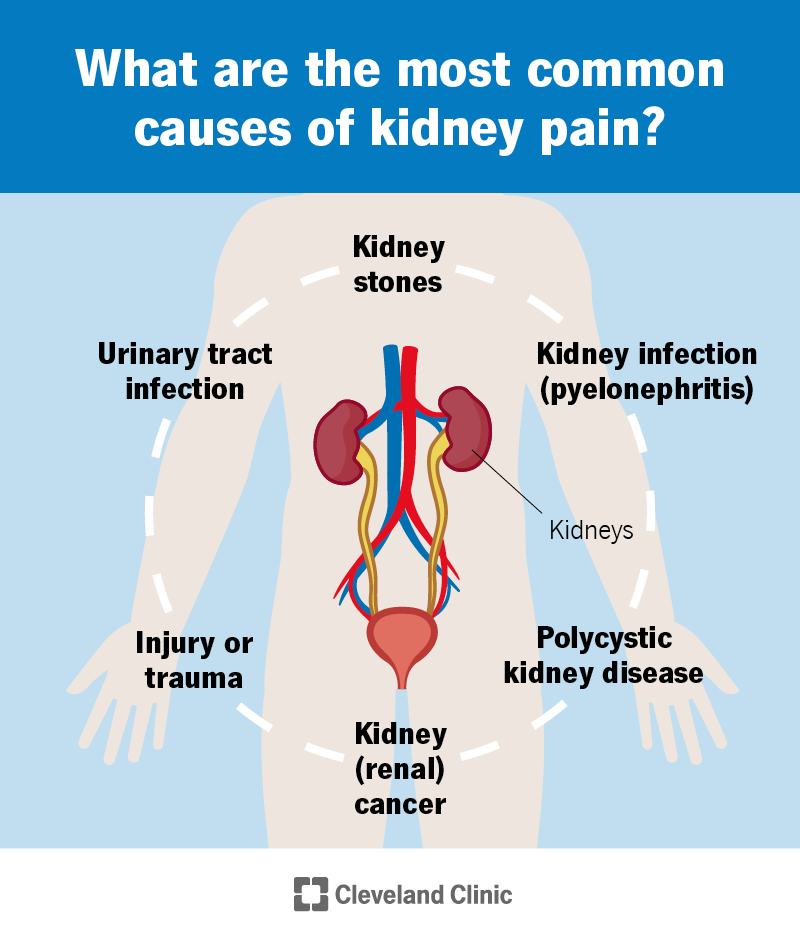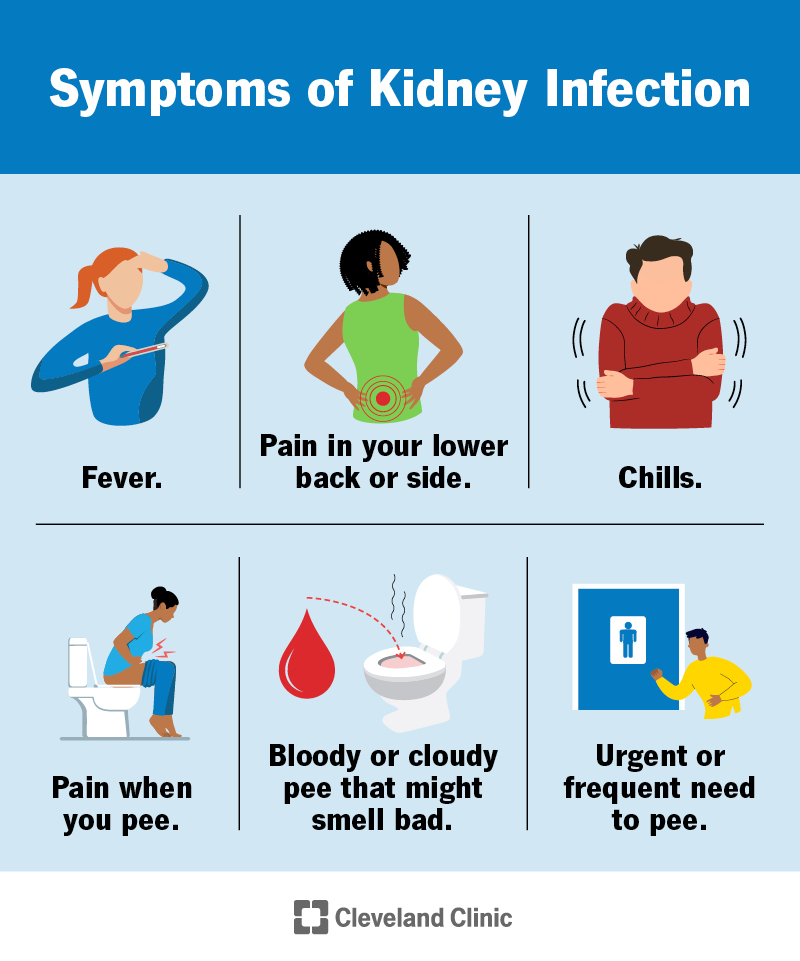Kidney Stones vs UTI: Expert Insights on Symptoms, Diagnosis, and Monitoring
Kidney Stones vs UTI: Expert Insights on Symptoms, Diagnosis, and Monitoring
Blog Article
Exploring the Effects and Causes of Kidney Stones in Contrast to Urinary System Infections: A Thorough Guide
The exploration of kidney stones and urinary system system infections (UTIs) exposes a complex interaction of symptoms and underlying reasons that necessitate cautious examination. What are the key differences in their signs and symptoms, and how might these educate treatment approaches?
Overview of Kidney Stones
Kidney rocks, also recognized as kidney calculi, form when certain substances in the urine crystallize and aggregate, resulting in the growth of tough deposits within the kidneys. These rocks can differ in dimension, varying from a grain of sand to a golf ball, and can be made up of numerous products, one of the most usual being calcium oxalate, uric acid, struvite, and cystine. The formation of kidney rocks is affected by numerous factors, consisting of dietary habits, fluid consumption, and genetic predisposition.
Signs and symptoms of kidney stones may consist of severe discomfort in the back or side, blood in the pee, queasiness, and constant urination, especially as the rock moves through the urinary system. Diagnosis commonly includes imaging researches such as ultrasound or CT scans, together with urinalysis to determine the stone's composition.
Treatment alternatives differ based on the dimension and sort of stone, as well as the intensity of signs and symptoms (Kidney Stones vs UTI). Small rocks might pass normally with increased liquid consumption, while bigger stones might call for clinical treatments such as lithotripsy or surgical removal. Understanding the pathophysiology and danger variables related to kidney stones is necessary for effective avoidance and management
Review of Urinary System Tract Infections
Urinary system tract infections (UTIs) prevail bacterial infections that affect any component of the urinary system, consisting of the kidneys, ureters, bladder, and urethra. They primarily take place when bacteria, usually from the intestinal tract, go into the urinary system, resulting in swelling and infection. UTIs are categorized into 2 major types: uncomplicated and challenging. Uncomplicated UTIs typically occur in healthy and balanced people with normal urinary tracts, while challenging UTIs may arise in people with underlying problems, such as architectural irregularities or jeopardized body immune systems.
The frequency of UTIs is notably higher in women than men, mainly due to anatomical differences, such as a much shorter urethra. Risk aspects consist of sex-related activity, specific contraceptive methods, urinary system retention, and dehydration. The medical diagnosis of UTIs is generally validated with urine examinations, which might expose the existence of germs, leukocyte, or red blood cells.

Signs And Symptoms of Kidney Stones
The discomfort connected with kidney stones can show up in numerous ways, often leading people to look for medical attention. Among the most usual signs is extreme discomfort, typically localized in the reduced back or side, which might radiate to the abdominal area or groin. This discomfort, frequently referred to as sharp or cramping, can take place unexpectedly and may fluctuate in intensity.
In addition, people might experience hematuria, or blood in the urine, which can vary from microscopic quantities to noticeable staining. This symptom may be gone along with by changes in urinary system routines, such as raised regularity or seriousness, as well as discomfort during peeing. Queasiness and throwing up are additionally widespread, usually resulting from the body's response to extreme pain.
Sometimes, individuals may experience fever and cools, specifically if a second infection establishes as a result of the blockage triggered by the rocks. Overall, the combination of severe discomfort, hematuria, modified urinary system patterns, and stomach signs can supply considerable understanding into the visibility of kidney rocks, requiring prompt clinical examination and intervention. Comprehending these signs and symptoms is critical for prompt diagnosis and reliable management of the problem.
Signs of Urinary System System Infections
Infections within the urinary system typically present a variety of distinctive signs and symptoms that can considerably influence every day life. The most usual symptoms consist of a persistent desire to click pee, usually gone along with by a burning experience throughout urination, called dysuria. People may likewise experience boosted frequency of urination, generating percentages of urine each time.
Various other notable signs and symptoms consist of reeky or over cast pee, which may suggest the existence of germs or pus. In some cases, urine might show up pink or red due to the presence of blood, a condition called hematuria. Furthermore, people might experience pelvic pain or stress, which can even more intensify the sensation of necessity.
Systemic signs may likewise manifest, such as fever, cools, and exhaustion, specifically if the infection has actually risen to the kidneys. It is vital to recognize these signs early, as untreated urinary tract infections can lead to extra serious difficulties. Kidney Stones vs UTI. Motivate clinical interest is suggested when these signs and symptoms are observed, permitting proper diagnostic examination and treatment to reduce discomfort and prevent further wellness issues
Root Causes Of Each Problem
Regularly, kidney rocks and urinary system system infections arise from distinct yet often overlapping causes that can impact individuals in different ways. Kidney rocks commonly create due to metabolic variables, nutritional choices, and hereditary predispositions. Boosted levels of calcium, oxalate, or uric acid in the urine can cause stone formation. Dehydration, not enough fluid consumption, and high-sodium diets can worsen these conditions, advertising formation within the urinary system system.

Understanding these distinct causes is crucial for prevention and treatment. Kidney Stones vs UTI. While lifestyle modifications may mitigate the danger of kidney rocks, ideal hygiene and timely therapy of urinary tract infections are necessary for minimizing their reoccurrence and linked issues
Final Thought
In recap, kidney stones and urinary tract infections existing distinct signs and underlying causes. Kidney stones are defined by serious pain and metabolic elements, while urinary system system infections mainly involve bacterial infections leading to urinary system seriousness and pain.
The exploration of kidney rocks and urinary system tract infections (UTIs) exposes a complex interaction of symptoms and underlying causes that call for i loved this mindful assessment.Urinary system tract infections (UTIs) are typical bacterial infections that affect any part of the urinary system, consisting of the kidneys, ureters, bladder, and urethra.Often, why not look here kidney stones and urinary system infections arise from unique yet occasionally overlapping reasons that can impact people in a different way.In summary, kidney stones and urinary system infections present distinct symptoms and underlying reasons. Kidney rocks are identified by extreme discomfort and metabolic elements, while urinary system infections mainly entail microbial infections leading to urinary system urgency and pain.
Report this page